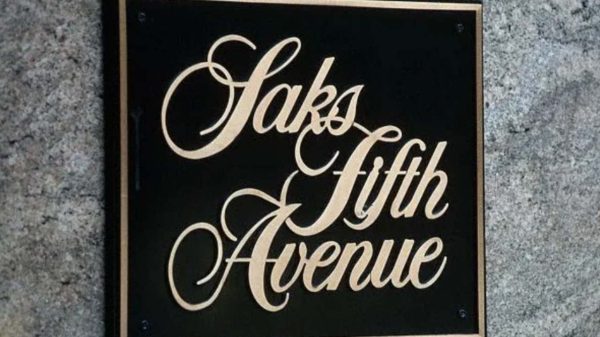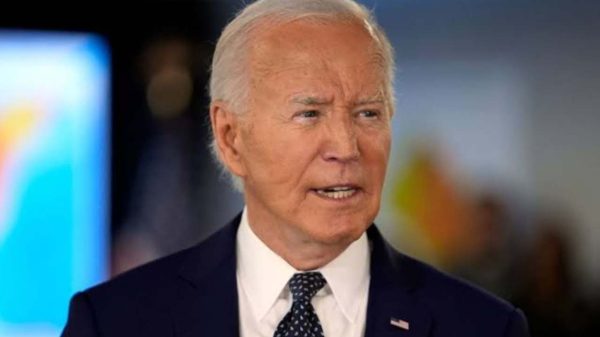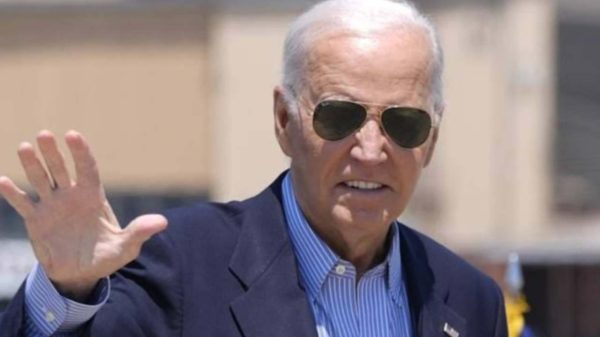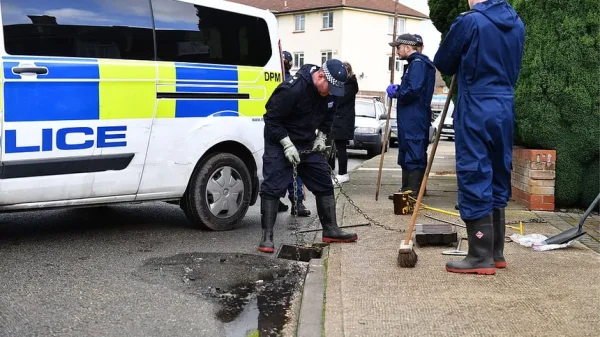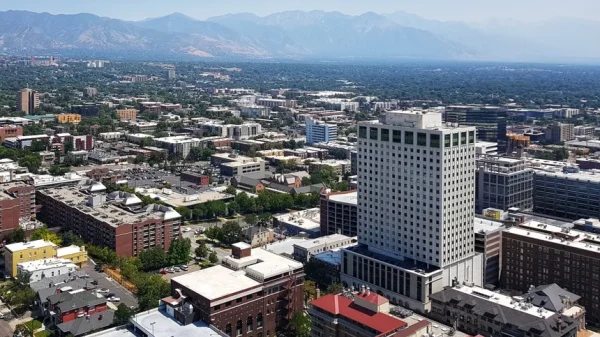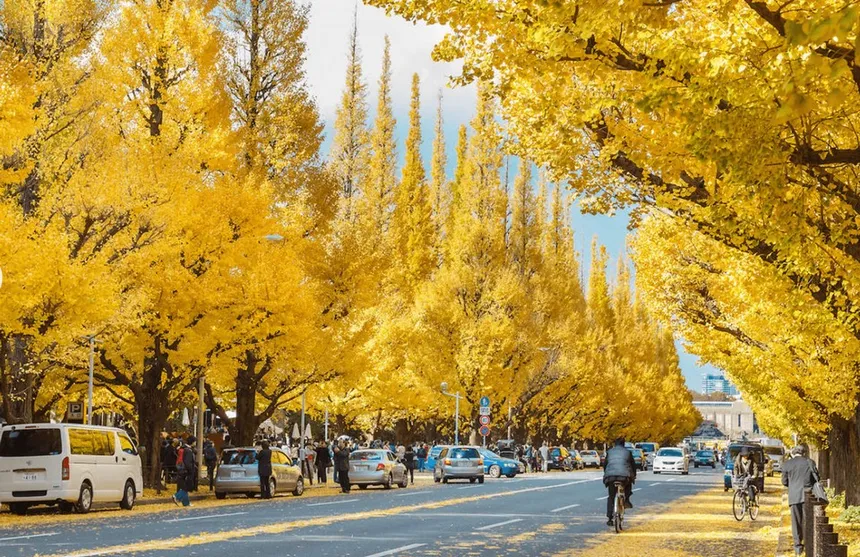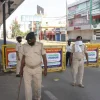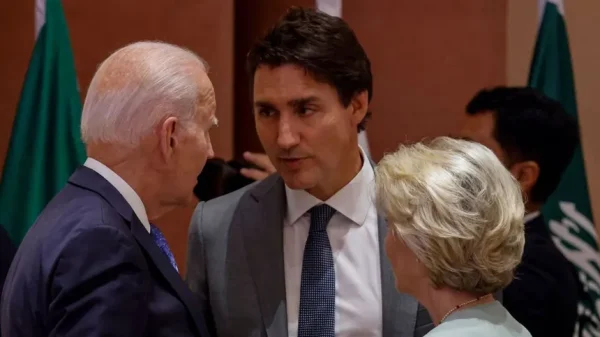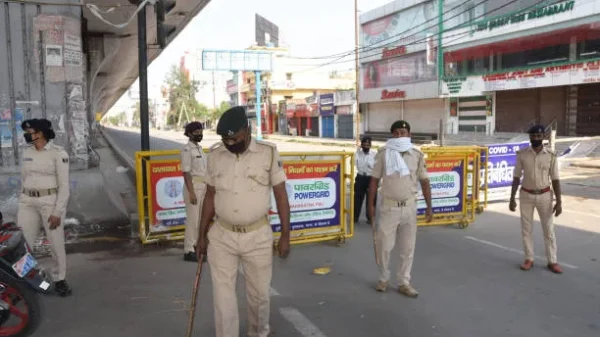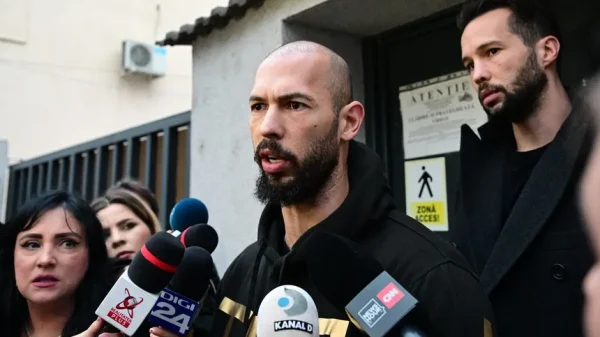In the heart of Tokyo, a long-standing controversy has erupted between environmentalists and property developers in the Jingu Gaien park district. The once-peaceful area, home to a historic baseball stadium, is now slated for a radical transformation under a 10-year, multibillion-dollar plan led by Mitsui Fudosan. The Japanese firm aims to construct three skyscrapers on the coveted land, uprooting decades-old trees and replacing the beloved baseball stadium with a new facility.
The environmentalists, whose voices have grown increasingly loud, see this development as a betrayal of the city’s commitment to preserving its green spaces. They argue that Tokyo, already notorious for its lack of parks, is sacrificing its natural beauty for the sake of commercial gain. The protesters, who gathered on Monday ahead of the tree-cutting event, condemned the destruction of the trees, which they believe are a vital component of the city’s ecological heritage.
The plan, backed by Tokyo Governor Yuiko Koike, who previously served as Japan’s environmental minister, has been met with widespread criticism from local residents and environmental groups. Koike’s support for the project has sparked accusations of hypocrisy, given her former role in promoting environmental conservation. The Governor’s decision to back the project has left many scratching their heads, wondering how a passionate advocate for environmental protection could now be championing a development that prioritizes concrete over greenery.
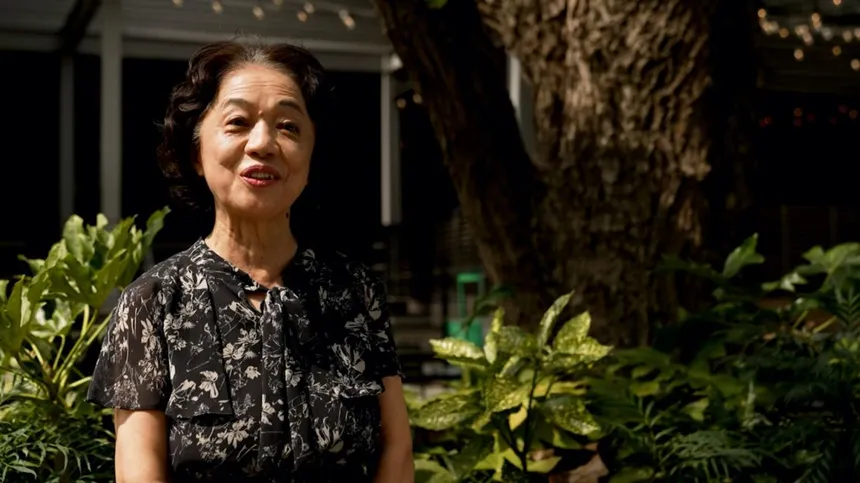
Jingu Gaien Park Revam (Image via Getty)
The controversy has also raised questions about the true cost of urbanization in Tokyo. As the city continues to grow and expand, it is clear that preserving its natural spaces is becoming an increasingly luxury. The debate has highlighted the need for a more sustainable approach to urban planning, one that balances the needs of developers with those of environment and community.
In the face of mounting opposition, Mitsui Fudosan has vowed to proceed with the project, citing the economic benefits that the development will bring to the area. However, the protesters remain resolute, insisting that the destruction of the trees is a travesty that will have long-lasting consequences for the city’s ecological health. As the bulldozers continue to roll in, it seems unlikely that the controversy will dissipate anytime soon.







